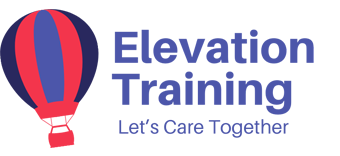The purpose of this course is to equip you with the knowledge, skill and competence to communicate verbally and non-verbally in standard everyday tasks and in work-related tasks, operating independently while under general direction.
This course develops your awareness of the role communication plays in human interaction and explores communication skills that benefit personal and vocational development. You will examine the use of modern modes of communication and information technology and acquire the skills and confidence to convey and interpret the meaning of different modes of communication, in writing, visually and orally.
You will achieve this by examining the following key topics:
- Listening and Speaking
- Reading and Writing
- Non-Verbal Communication
- Visual Communication
- Communications Technology
